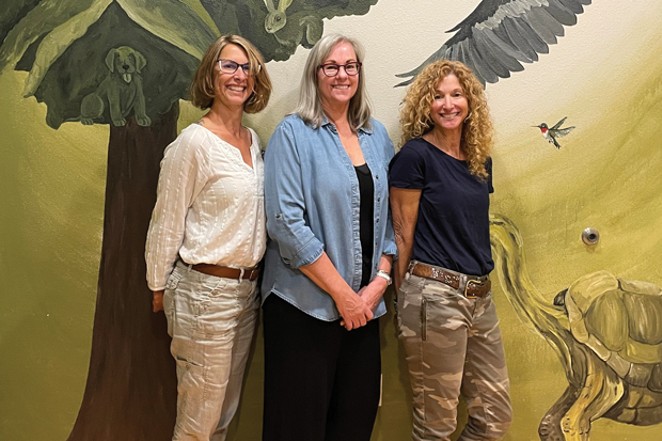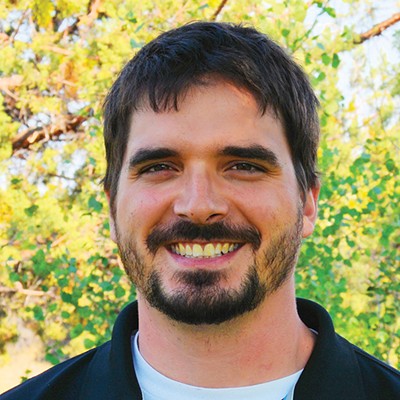Blossom Collaborative
Pam Saul, M. Ed. Child Development/Behavior SpecialistCindy Hatch-Rasmussen MA OTR/L Occupational Therapist
Jenny Johnson OTR/L Occupational Therapist
Q My 8-year-old son has a lot of quirks. He refuses to wear pants with a zipper, screams and runs out of the room when we run the vacuum cleaner, hates loud noises, and overall, only likes things his way. Could this be a sensory problem and is there any way to help him with these issues?
A Your instincts seem to be spot-on regarding possible sensory problems. Sensitivity or over-responsiveness to loud noises is a common reported behavior in individuals with sensory differences. I am curious if your son is distressed by the sound of the zipper, the feel of the zipper or the motor skills involved to make the zipper work? These behaviors are all symptoms of sensory processing differences. There is help for these issues! Occupational therapists who specialize in sensory integration and/or sensory processing disorder work with individuals challenged by these exact issues.
QOur daughter has trouble paying attention and this has impacted her ability to learn and do well in school. We are beyond frustrated with her but don't want to medicate her for ADHD. Any tips for helping a seriously distractible child?
A Do you notice that your daughter is distracted in all environments or just busier environments? Research tells us that there is a co-morbidity between ADHD and Sensory Processing Disorder or SPD. This means there may be some sensory processing differences contributing to your daughter's ability to attend. Often when we can support children in learning how to regulate their own bodies by understanding their individual sensory profile, they can sustain longer periods of optimal attention to support their function in school, at home and in the community. Occupational Therapy is one therapy that can provide this type of consultation/intervention. There are also practitioners/educational specialists that can support executive functioning using different cognitive-based strategies. One thought is that kids that are differently wired often need to be taught differently as well. When she is successful, she will feel better about herself and be more willing to learn new concepts.
QWhat are some of the signs of autism in early childhood? Our two year old is not talking yet. We keep waiting thinking he is taking his own time, but now we are beginning to wonder if something is amiss.
A Great question. And a very difficult one to answer. Autism is a spectrum and as the saying goes, "If you have met one person with autism, you have met one individual with autism." Although a delay in speech and language can be an early indicator of autism it is important to look at the whole child. There are three main categories that define autism and are early indicators. They include social differences, communication issues and repetitive and obsessive behaviors. Your question appears to be more focused on the communication and possibly social areas. We all think of communication as talking, but there is so much communication that happens at a non-verbal level. A conservative estimate is that 80% of all communication is non-verbal. Our children begin communicating with us non-verbally in utero. Is your two-year-old gesturing: pointing, bringing you things to look at, holding your hand and taking you places? Do they follow your eye gaze or follow your gesture of pointing when you want to show them something? Do all other developmental milestones appear to be on target? If you are only noticing speech delay but other components of language and social interactions appear to be present, then consulting with a speech-language therapist is a good first step. If you answered no to a few of these questions, then consulting with an occupational therapist that specializes in development would be another important step. Alyce Hatch Early Intervention Program is also an excellent resource.
Email us your questions: [email protected]




















